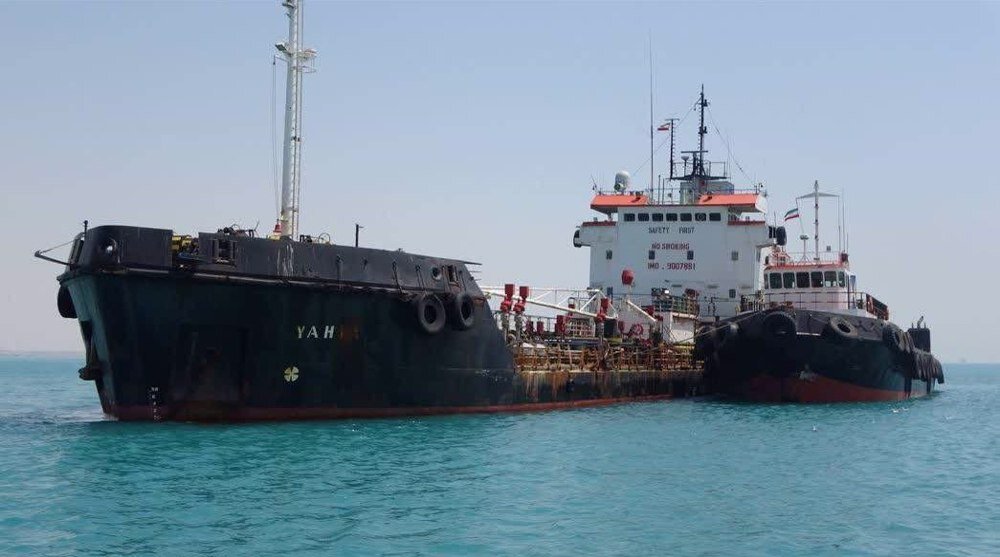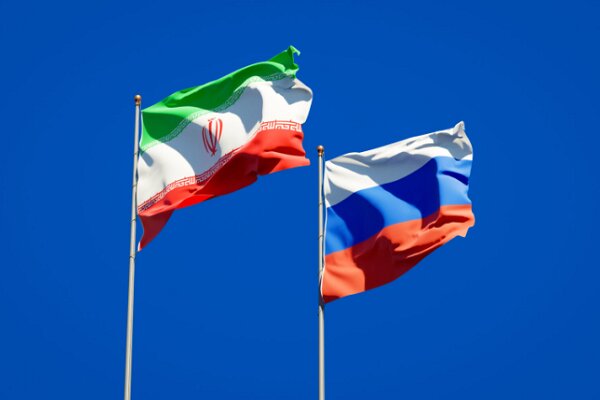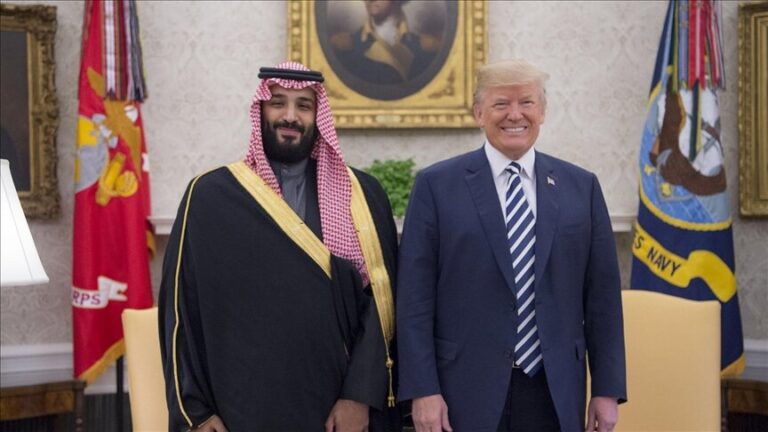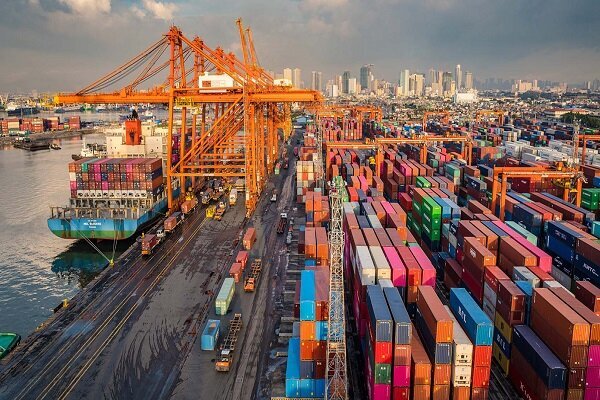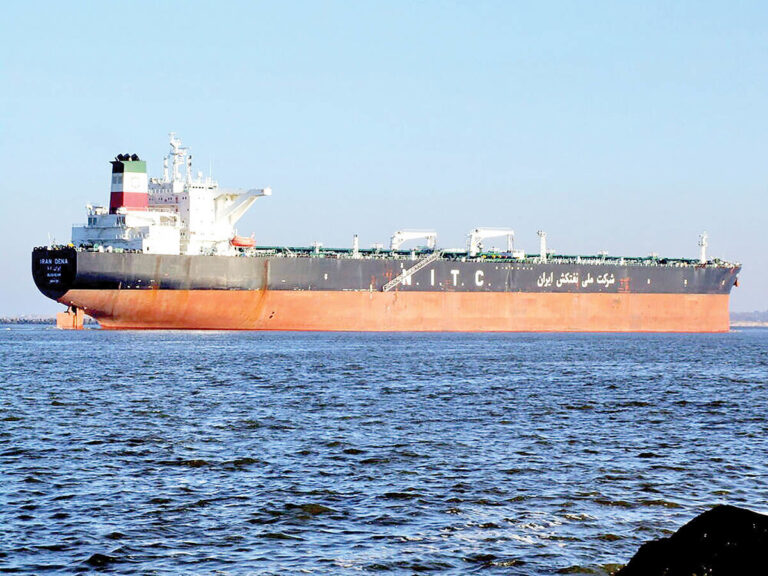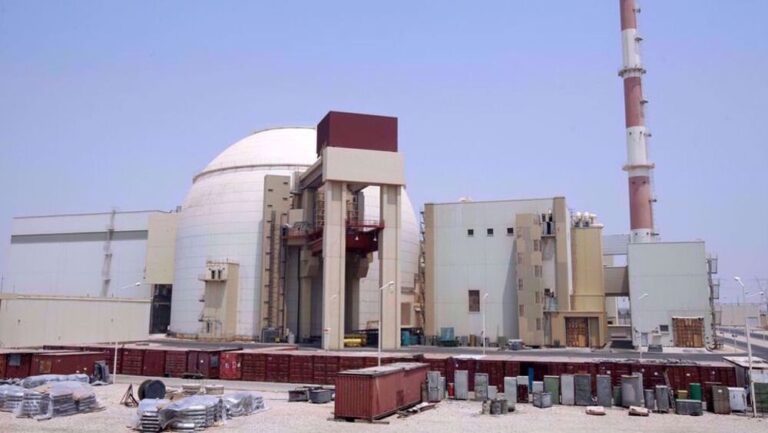IRGC Navy Intercepts Two Foreign Tankers in Major Fuel Smuggling Bust in Persian Gulf
In a significant operation, the IRGC Navy recently seized two tankers, named Start 1 and Vintage, which were found to be transporting over three million liters of smuggled diesel fuel. This incident highlights the ongoing issue of fuel smuggling in Iran, a country known for its cheap fuel prices due to government subsidies.
On Monday, the operation led to the arrest of all 25 crew members aboard the two tankers, according to reports from PressTV. The capture of these vessels underscores the Iranian authorities’ commitment to combatting fuel smuggling, which has become a major challenge along the country’s southern maritime borders.
Iran’s geographical positioning and the significant price disparity of fuel between Iran and its neighboring countries have made fuel smuggling an attractive illegal trade. The following points outline the reasons behind the prevalence of fuel smuggling in the region:
- Subsidized Fuel Prices: Iran offers some of the lowest fuel prices globally, incentivizing smuggling.
- Geographic Location: The proximity of Iran to countries with higher fuel prices facilitates illegal trade.
- Weak Enforcement: Historically, enforcement of fuel regulations has been challenging, allowing smuggling to thrive.
- High Demand: Neighboring countries have a high demand for cheaper fuel, making smuggling profitable.
In response to the increasing incidences of fuel smuggling, Iranian authorities have ramped up their efforts in recent years. These initiatives aim to protect the nation’s economy and ensure that fuel supplies remain within legal channels. The Iranian border police, for instance, made headlines last week when they seized a ship carrying one million liters of smuggled oil in the waters of the Persian Gulf.
Authorities are adopting a multi-faceted approach to tackle the issue of fuel smuggling. Here are some of the strategies being implemented:
- Increased Patrols: The IRGC Navy has heightened its patrols in key maritime areas to intercept smuggling activities.
- Legal Actions: Stricter penalties are being enforced against individuals and organizations involved in fuel smuggling.
- Public Awareness Campaigns: The government is launching initiatives to educate the public about the consequences of fuel smuggling.
- International Cooperation: Iran is working with neighboring countries to strengthen border controls and share intelligence on smuggling networks.
The issue of fuel smuggling is not only an economic challenge for Iran, but also a matter of national security. The Iranian government has recognized that tackling this problem is essential for maintaining stability and ensuring the welfare of its citizens. Ensuring that fuel resources are consumed within the country can help improve the overall economy and prevent shortages.
Moreover, as the Iranian government continues to address fuel smuggling, the international community is closely monitoring the situation. Strategies implemented by Iranian authorities could serve as a case study for other nations grappling with similar issues. The effectiveness of these measures will be crucial in determining the future of fuel management in Iran.
Ultimately, the seizure of the Start 1 and Vintage tankers serves as a reminder of the ongoing battle against fuel smuggling in Iran. With the government’s commitment to addressing this issue, the hope is that it will lead to a more regulated fuel market that benefits all citizens.
In conclusion, the IRGC Navy’s recent actions are part of a broader strategy to combat fuel smuggling and protect Iran’s economic interests. As the government continues to implement stricter measures, the impact of these efforts on the fuel market and the overall economy will be an important development to watch in the coming months.
